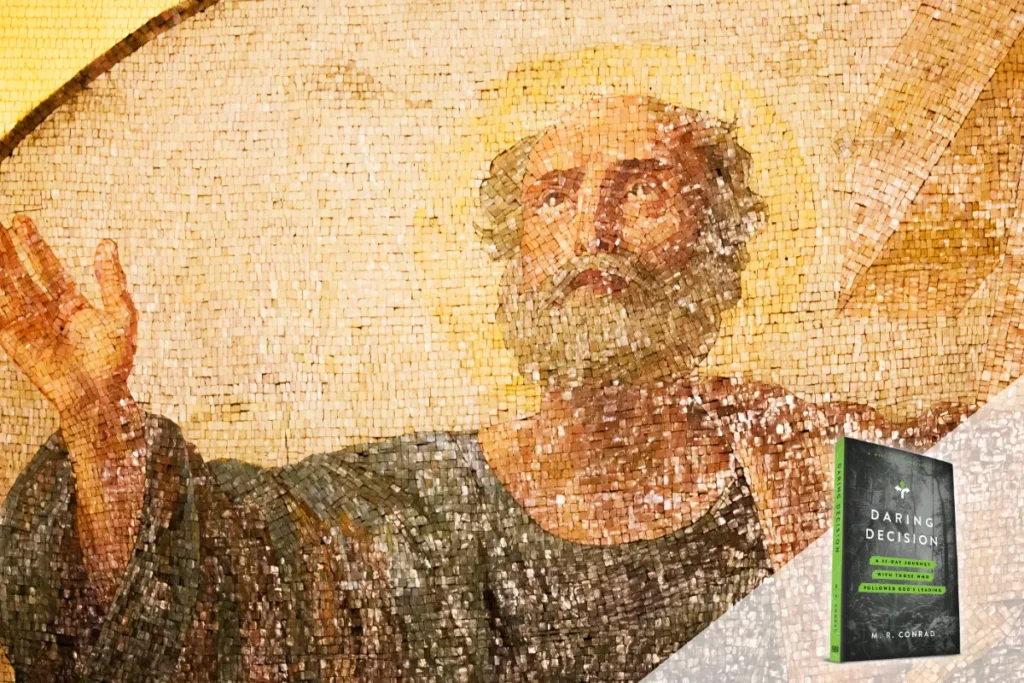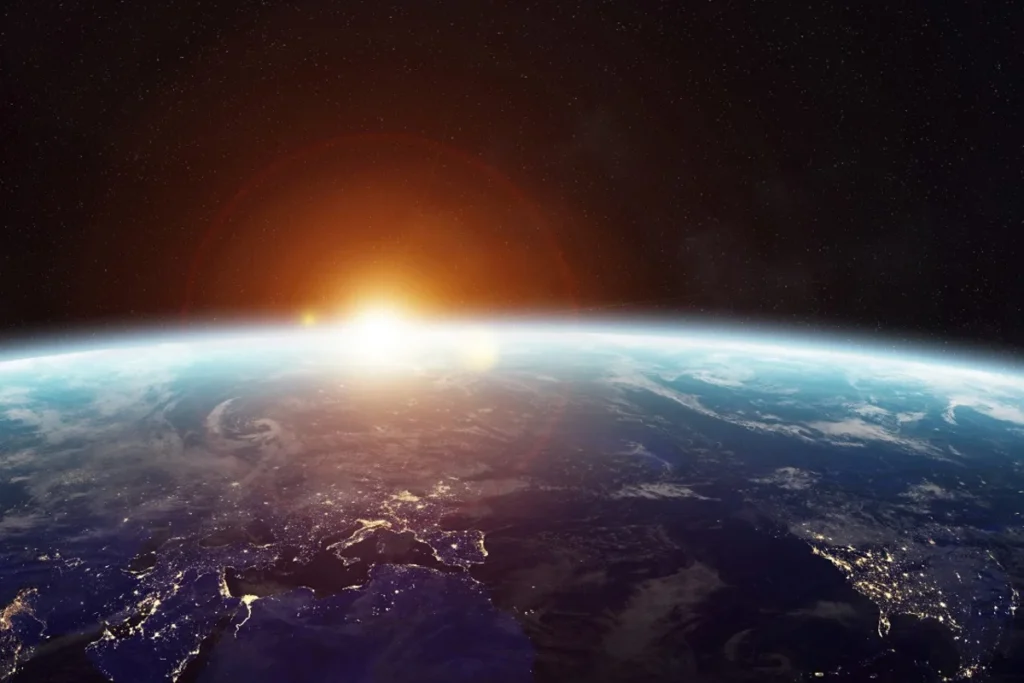
Blog
Human Life Is Sacred. Remember.

Today is “National Sanctity of Human Life Day,” so designated in 1984 by President Ronald Reagan in response to the Supreme Court’s ruling in Roe v. Wade, which legalized abortion on January 22, 1973. Forty-seven years and over 60 million murders later, abortion still bloodies the hands of the United States. A society with laws protecting bats, beetles, and ice bergs still looks the other way—or even applauds enthusiastically—when babies are slaughtered in the womb.
Scripture goes to great length to make clear the distinction between human life and the rest of creation
There’s a reason that we acknowledge the sanctity of human life today. Again and again, Scripture goes to great lengths to make clear the distinction between human life and the rest of creation:
- Genesis 1:26-28 records the creation of humanity by a direct act of God. Four times in the passage we are told that we were made in God’s image. No other creature has that privilege. While the Fall of Genesis 3 has marred that image, we continue to be image-bearers of the Creator (Genesis 5:1). Because we bear God’s likeness, we are spiritual, moral, conscientious, relational, intelligent, creative, and everlasting. We are distinct from plant and animal life.
- Genesis 2:7 and 22 “zoom in” to God’s creation of the man and woman. Whereas most of creation was made with but a word from God, man was crafted with special attention, from the ground, as though “by hand.” Similarly, Eve was formed from the man’s rib as the crowning creation of God. Even more intimately, God breathed into human lungs the “breath of life,” again designating man as exalted among God’s creatures.
- Genesis 1:26-28 and 2:15 contain the “Dominion Mandate” (repeated and expanded in Genesis 9:1-7; see also Psalm 8). God has entrusted the management and use of creation into our hands. Surely, this demands responsible ecology. But God has put natural resources, plant life, and even the animal kingdom at our disposal, for our enjoyment and nourishment. God has sanctified work—even “secular work” vs. “ministry,” despite the faulty teaching of some who have looked with apparent disapproval on “laymen.” God honors creative discovery, whether it be in medicine, art, chemistry, engineering, agriculture, accounting, or other jobs. We rejoice at medical and technological advances in our lifetime. But we must acknowledge that the very best we can do is discover the resources which God put in the earth, the natural laws which He instituted, and the capacity to create and discover which are but a dull reflection of His own nature. Common grace points us again to the Creator.
- Psalm 139:13-16 teaches that God’s creative genius continues in the womb—with every human conception—through the miracle of procreation. Contrary to the heresy of Deists, God is intimately involved in creation today as He has been throughout history. The psalmist uses vivid imagery to depict God as an artisan who is “forming” and “knitting” and “weaving” the unborn child in a mother’s womb (vv. 13, 15). From the moment of conception, every human life is “fearfully and wonderfully made” (v. 14). Human life is sacred.
- Genesis 9:1-7 guards human life as sacred, establishing government to be the protector of men, women, and children. Whereas animals may be killed for food (vv. 2-3), human life is hallowed. Indeed, God is so protective of human life that he instituted capital punishment to protect it (v. 6)—a teaching repeated in the New Testament (Romans 13:4). God’s reasoning for such an extreme defense of human life? “For God made man in his own image” (v. 7).
Human life—more so than every other kind of life—is sacred. Tragically, the very government charged by God with protecting life has instead been complicit in the murder of its weakest citizens for 47 years now. Attempts to adequately grieve over abortion in America stretch the soul. Perhaps our best (first) response is simply to groan, grateful that the Spirit translates our sorrowful sighs into just the right request before our heavenly Father (Romans 8:23, 26).
We cannot tune out the travesty of abortion
I confess that I’ve become somewhat accustomed to abortion. It’s been a reality in the United Sates for forty-seven of my forty-eight years on earth. It’s possible to tune it out, like the buzz of an annoying light, the rumble of incessant traffic, or the smell of something unpleasant. The mind is amazingly adept at getting used to something and then ignoring it. But we cannot tune out the travesty of abortion. We must be startled by it again, as Wilberforce was with slavery and as King was with institutional racism. It’s intolerable. Scripture could not be any clearer: the unborn child is made in God’s image and therefore is to be protected as sacred. We know this. But we must remember it.
Take a moment to muse. Imagine the death of the abortion industry in our lifetime. Imagine our nation’s laws aligning again with God’s law on this issue. Imagine the life of a baby being more precious than that of a beetle. It is certainly so in heaven. May it be so on earth, by God’s mercy.












